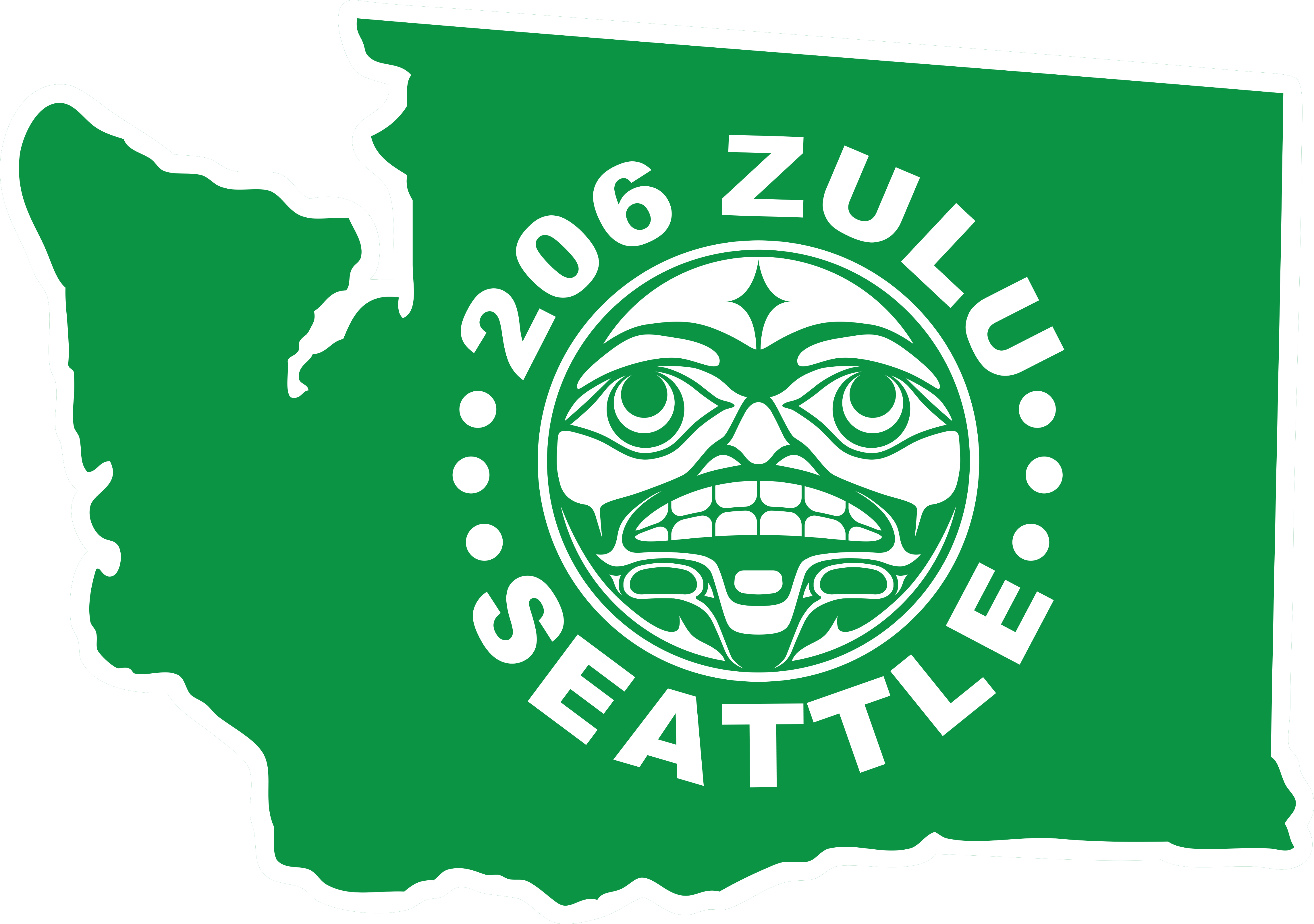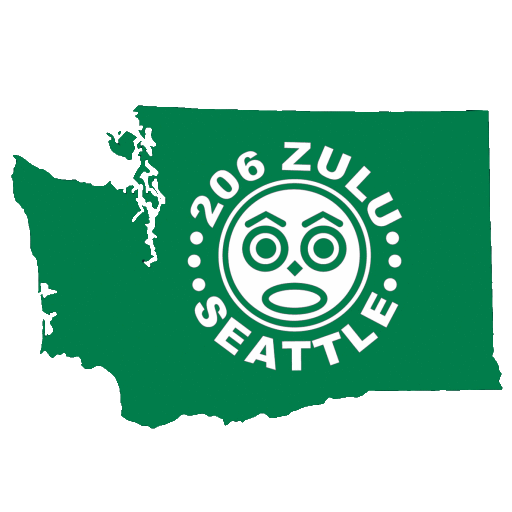Hip Hop Congress and Seattle University professor Dr. Mako Fitts have teamed up to launch the Seattle Hip Hop Community Survey. This pioneering effort is among the first of its kind which attempts to empirically identify the scope and needs of our diverse community in order to provide a well-needed research base for cultural organizing economic empowerment on the ground level with Hip Hop from a local to global perspective.
Students from Fitts’ undergraduate pop culture class will be setting up interviews and surveying 200 movers and shakers in the Seattle Hip Hop scene, artists, promoters, journalists, educators, youth organizers, activists, and advocates alike. Students will also be going to shows and community meetings and submitting write-ups for local Hip Hop news sources such as 206zulu.com. The survey is anonymous and collects basic demographic and occupational information, assessments on the quality and availability of resources for the development of the local scene, and asks participants to rank the impact of issues and concerns such as racial, gender, and sexual discrimination as well as police brutality in their lives. As a staple principle of community-based research, the information collected will be publicly owned and utilized to aid in the development of initiatives that will benefit the urban arts community as a whole in the region. Data will also be offered as a resource for urban arts community-based organizations in the city to quantifiably measure the impact of their work and demonstrate its value.
The survey is, in part, based on the cluster-model used in a report commissioned by Seattle’s Office Economic Development called the Economic Impact of Seattle’s Music Industry, which showed that the core of Seattle’s music industry generates nearly 8,700 direct jobs in over 2,600 businesses, and 2,000 jobs in 335 music-related businesses at an average annual wage of $22,771 dollars per year. However, because the city’s report largely neglected Hip Hop as part of the local music industry cluster (I counted one Hip Hop promotions company out of hundreds of other sources), it failed to show the rapidly growing connection between the independent music scene and the youth service sector in the city that is more prevalent in Hip Hop than any other musical genre. By utilizing the insight and experiences of Hip Hop artists, educators, and grassroots organizers, the Hip Hop Community survey was crafted to represent the full spectrum of Hip Hop cultural production emerging from the region, demonstrate its impact.
The survey is also an important step to bridging the gap between community and the campus in a time where the status quo has academia eons away from the reality faced by Hip Hop artists, educators, activists, and cultural organizers. While the works of folks like Jeff Chang and Bakari Kitwana have provided an important historical and theoretical framework to validate Hip Hop studies in the academic world, the transition from theory to practice remains largely unrealized. Projects that connect students and academic institutions with surrounding communities in mutually empowering ways is a movement towards making meaningful use of the academic study of Hip Hop Culture.
To promote the survey as a model for Hip Hop communities in other regions, the survey its results will be presented at the 2007 Hip Hop Congress National Summit in Athens, Ohio, July 4th-8th.


